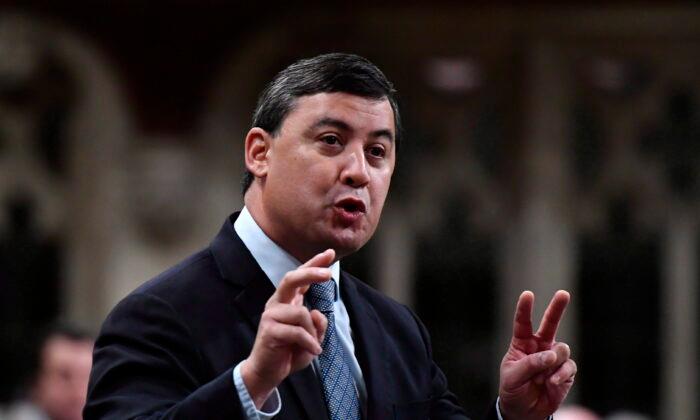Conservative MP Michael Chong says a committee studying foreign election interference that is made up of parliamentarians but reports only to the prime minister is unlikely to be very productive if past experience is anything to go by.
Chong was referring to the National Security and Intelligence Committee of Parliamentarians (NSICOP), which reviews matters of national security and intelligence and reports to Prime Minister Justin Trudeau. The committee includes MPs from multiple parties along with one senator.





